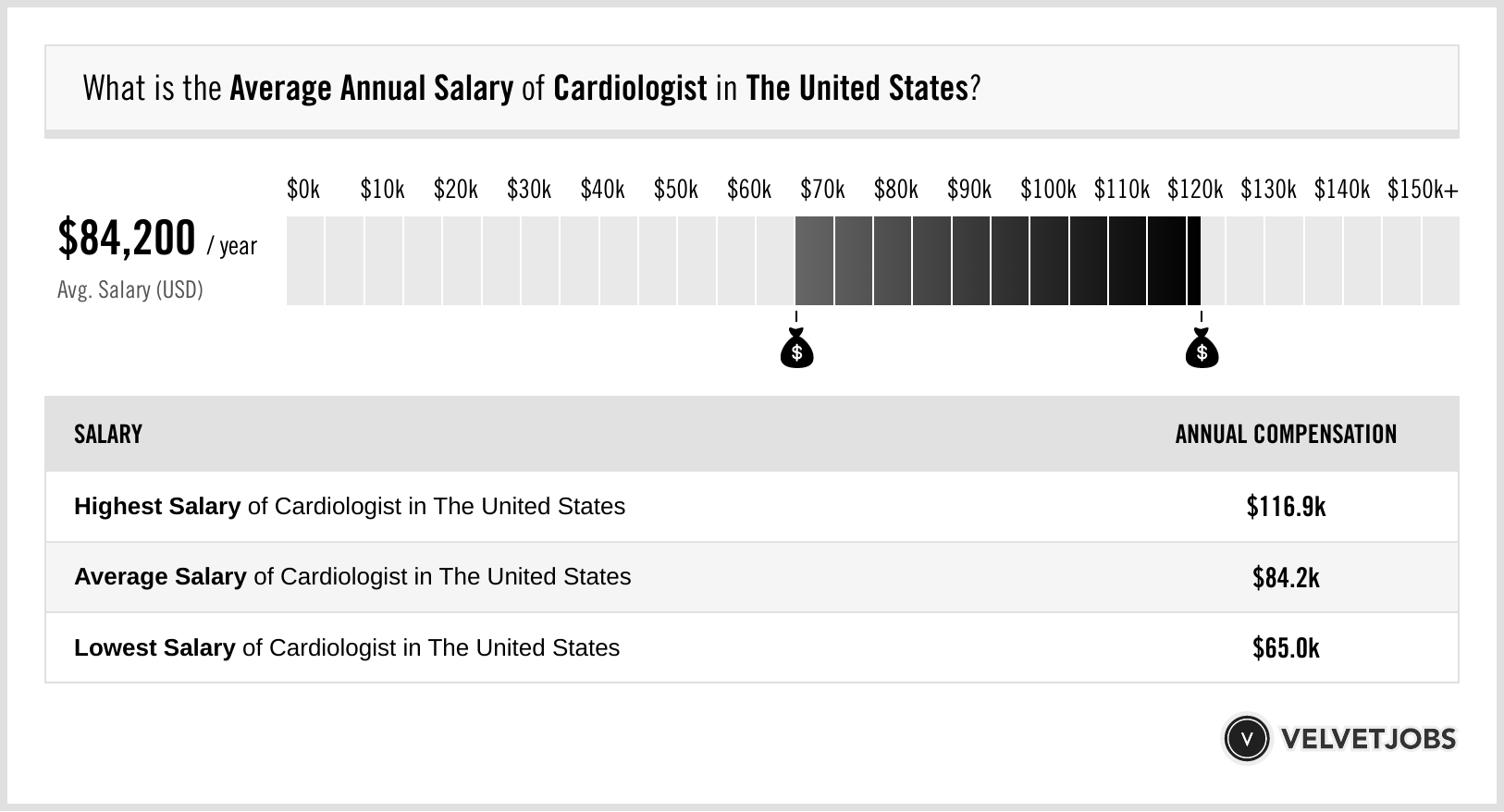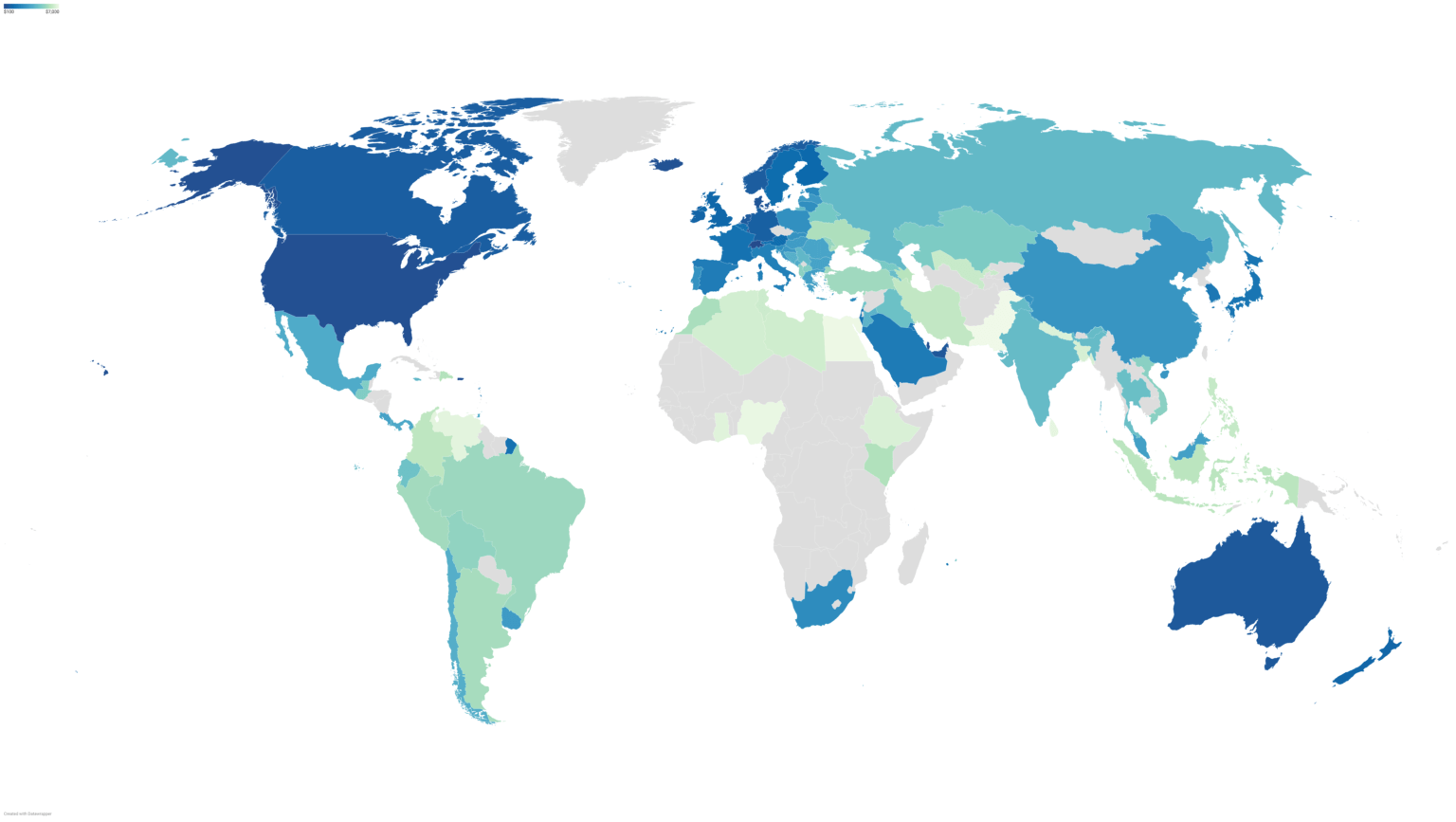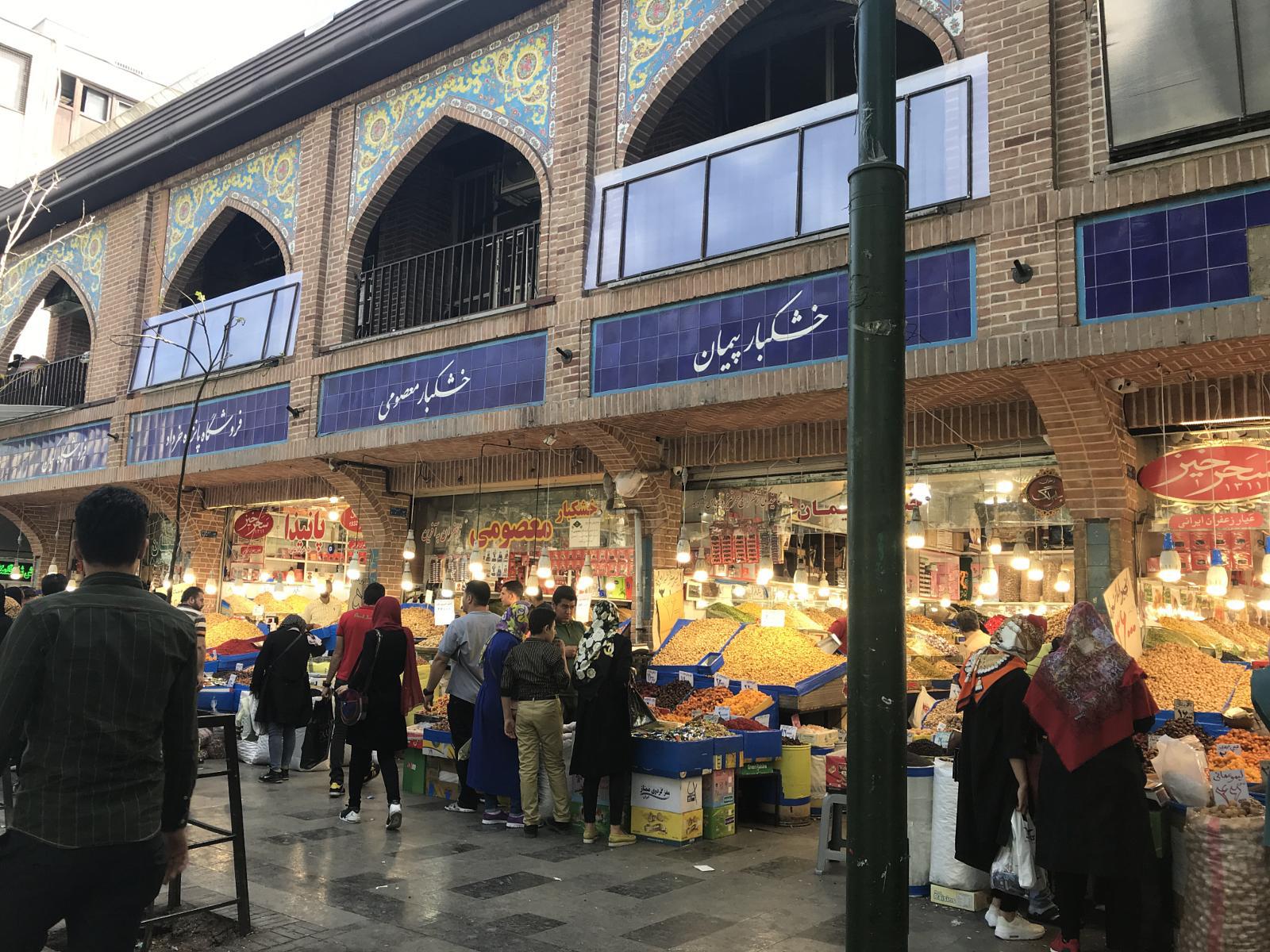Understanding The Average Monthly Salary In Iran
Figuring out what people earn on average in any country, like Iran, can be a bit like piecing together a big, colorful puzzle. It’s not just one simple number that tells the whole story, you know? There are so many different pieces that come together to show what someone might expect to bring home each month. It’s about looking at the big picture of how people make a living and what that means for their daily lives.
When we talk about the average monthly salary in Iran, it is that we are really trying to get a feel for the economic pulse of a nation. It involves thinking about all sorts of jobs, from those in busy city offices to folks working the land in quieter areas. Each person’s situation, their skills, and where they happen to live, plays a part in shaping what their pay packet looks like. It's not a straightforward calculation, but rather a look at a complex web of financial happenings.
This kind of discussion helps us get a better grasp on the everyday realities for many people. It’s about more than just numbers on a page; it’s about what those numbers mean for families, for individual choices, and for the overall economic health of a place. So, getting a sense of the average monthly salary in Iran means we are trying to understand a lot about how life unfolds for its residents, in a way that is pretty important for broader discussions.
Table of Contents
- What Shapes the Average Monthly Salary in Iran?
- Do Different Jobs Affect the Average Monthly Salary in Iran?
- How Does Where You Live Impact the Average Monthly Salary in Iran?
- What Makes Pinpointing the Average Monthly Salary in Iran So Tricky?
- Beyond the Numbers- Understanding the Average Monthly Salary in Iran
- How Does the Average Monthly Salary in Iran Compare to Living Costs?
- Considering the Future of the Average Monthly Salary in Iran
- Broader Economic Factors Affecting the Average Monthly Salary in Iran
What Shapes the Average Monthly Salary in Iran?
The earnings people receive each month in Iran are influenced by quite a few things, you know, much like anywhere else in the world. Think about it like a big, interconnected system where different parts affect one another. One major piece of this puzzle is the kind of work someone does. A doctor, for example, typically brings home a different amount than someone working in a factory, or a teacher, just a little bit. The skills needed for a job, and how much demand there is for those skills, really change what a person can expect to earn. Some professions require years of specialized schooling, which often means higher pay, as a matter of fact.
Then there's the sector of the economy where someone is employed, which actually plays a very significant role in determining the average monthly salary in Iran. Some industries, like oil and gas, might offer more competitive wages due to their strategic importance and the specialized expertise they need. Other areas, perhaps in public services or agriculture, might have different pay structures. The overall health of these industries, whether they are growing or facing difficulties, can also sway what workers get paid. It's pretty clear that where you fit into the economic landscape makes a difference.
Government policies and the broader economic situation are also big players in shaping what people earn. Things like the national minimum wage, which sets a floor for earnings, directly affect a lot of workers, especially those in entry-level positions. Inflation, which is when prices for goods and services go up, can also eat into the real value of a person's salary, meaning their money buys less, even if the number on their paycheck stays the same. So, these larger economic forces, like the state of the economy, very much influence the average monthly salary in Iran for everyone.
Do Different Jobs Affect the Average Monthly Salary in Iran?
Absolutely, the type of job a person holds makes a substantial impact on what they earn each month, which then helps to form the picture of the average monthly salary in Iran. Consider professions that require extensive training, such as medical practitioners, engineers, or university professors. These roles typically command higher pay because of the specialized knowledge and long years of study involved. The demand for these particular skills in the job market also pushes up their earning potential. It's like, if everyone needs something, and only a few people can provide it, those few people can ask for more.
On the other hand, jobs in retail, hospitality, or certain manufacturing roles, while incredibly important for the economy, might not always offer the same level of compensation. These positions may require less formal education or specialized training, and the supply of workers for them might be greater. This difference in supply and demand, along with the perceived value of the work, really creates a wide range of earnings across different occupations. So, yes, the kind of work you do is a really big piece of the puzzle when we talk about the average monthly salary in Iran.
Even within the same broad field, there can be variations in what people earn. For instance, an experienced software developer with a specific set of highly sought-after programming languages might earn significantly more than a junior developer just starting out. Seniority, proven track record, and unique contributions to a company or industry all play a part. So, it's not just the job title, but also the individual's level of expertise and their contribution that shapes their take-home pay, influencing the overall average monthly salary in Iran.
How Does Where You Live Impact the Average Monthly Salary in Iran?
The place someone calls home within Iran can truly change what they earn, which, in turn, affects the overall average monthly salary in Iran. Cities like Tehran, which is the capital and a major economic hub, tend to offer higher wages compared to smaller towns or rural areas. This is partly because larger cities often have more diverse industries, more multinational companies, and a greater concentration of high-skilled jobs. There's just more economic activity happening in these urban centers, you know?
Living expenses also play a part in this difference. While salaries might be higher in big cities, the cost of living, including things like housing, transportation, and daily necessities, is also typically much steeper. So, even with a larger paycheck, the actual purchasing power might not feel as dramatically different as the raw numbers suggest. People often move to bigger cities for better job opportunities, but they also have to weigh that against the higher costs of everyday life. This is a very common consideration for many.
Conversely, in smaller towns or more agricultural regions, job opportunities might be fewer, and the types of industries present could lead to lower average earnings. However, the cost of living in these areas is usually much lower, which means that a smaller salary might go further in terms of daily expenses. This regional variation is a significant factor when trying to understand the broad picture of the average monthly salary in Iran. It shows that averages can hide a lot of interesting local differences, too it's almost.
What Makes Pinpointing the Average Monthly Salary in Iran So Tricky?
Trying to figure out a precise average monthly salary in Iran can be a rather difficult task for a few reasons, actually. One big hurdle is getting reliable and comprehensive data. Economic information, especially detailed salary figures, isn't always readily available or easy to collect in every country. There might be different ways of counting things, or some information might just not be openly shared. This makes it challenging to get a complete and accurate picture of what everyone is earning across the nation.
Another thing that complicates matters is the presence of an informal economy. This refers to work that isn't officially registered or taxed, like small, cash-based businesses or casual labor. People in these jobs are earning money, but their incomes aren't usually captured in official statistics. This means that any reported average monthly salary in Iran might not fully represent the earnings of a significant portion of the population. It's like trying to count all the fish in a pond when some are hiding in the weeds, you know?
Also, currency fluctuations can make it hard to compare earnings over time or with other countries. If the value of the local currency changes a lot, what seemed like a good salary one month might not buy as much the next. This constant shifting makes it difficult to establish a stable benchmark for the average monthly salary in Iran. It's a moving target, in a way, which adds another layer of complexity to the whole calculation. So, there are many elements that make this kind of measurement a bit of a puzzle to solve.
Beyond the Numbers- Understanding the Average Monthly Salary in Iran
When we talk about the average monthly salary in Iran, it’s really important to look past just the raw numbers. What someone earns on paper doesn't always tell the whole story of their financial well-being. Many people receive benefits that aren't cash, like housing allowances, transportation subsidies, or even food packages. These non-monetary perks can add significant value to a person's overall compensation, even if they don't show up directly in their monthly paycheck. It's like getting extra ingredients for a meal, even if you didn't pay for them directly, right?
The cost of living, which we touched on earlier, is another huge piece of this puzzle. A higher salary in a big city might seem impressive, but if rent, food, and daily expenses are also much higher, the actual spending power might be similar to a lower salary in a more affordable area. So, understanding the average monthly salary in Iran really requires considering what that money can actually buy in different places. It's about how far your earnings stretch, which is a very practical consideration for everyone.
Also, the distribution of wealth and income within the country plays a role. An "average" can sometimes hide big differences between the highest earners and the lowest earners. A few very high salaries can pull the average up, even if most people are earning much less. So, while an average gives us a general idea, it doesn't always show the full range of experiences. To truly grasp the situation, one might need to look at median incomes or income brackets, to get a fuller picture of



Detail Author:
- Name : Tiffany Kassulke
- Username : ostrosin
- Email : willis18@bartell.biz
- Birthdate : 1981-08-10
- Address : 1662 Osbaldo Fields Suite 483 East Maxieville, IN 55028-7170
- Phone : +1-680-312-4104
- Company : Kessler-Brekke
- Job : Tractor-Trailer Truck Driver
- Bio : Eum quia numquam laudantium dolorum. Quisquam perspiciatis accusamus deleniti porro. Minima cum vel officia praesentium. Cum itaque ea dignissimos libero. Nisi debitis dolores sed nemo.
Socials
instagram:
- url : https://instagram.com/hosea_kuhic
- username : hosea_kuhic
- bio : Illum harum voluptas vel adipisci similique. Quos quis hic officiis sunt.
- followers : 4989
- following : 1979
linkedin:
- url : https://linkedin.com/in/hkuhic
- username : hkuhic
- bio : Soluta quo ducimus debitis quos.
- followers : 718
- following : 1494
facebook:
- url : https://facebook.com/hosea_official
- username : hosea_official
- bio : Expedita et est voluptates delectus voluptates quae non voluptatem.
- followers : 2719
- following : 833
tiktok:
- url : https://tiktok.com/@hoseakuhic
- username : hoseakuhic
- bio : Nihil sed aperiam debitis est non ipsum.
- followers : 4895
- following : 1309